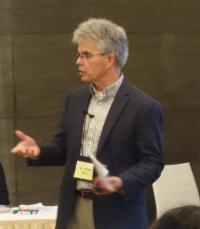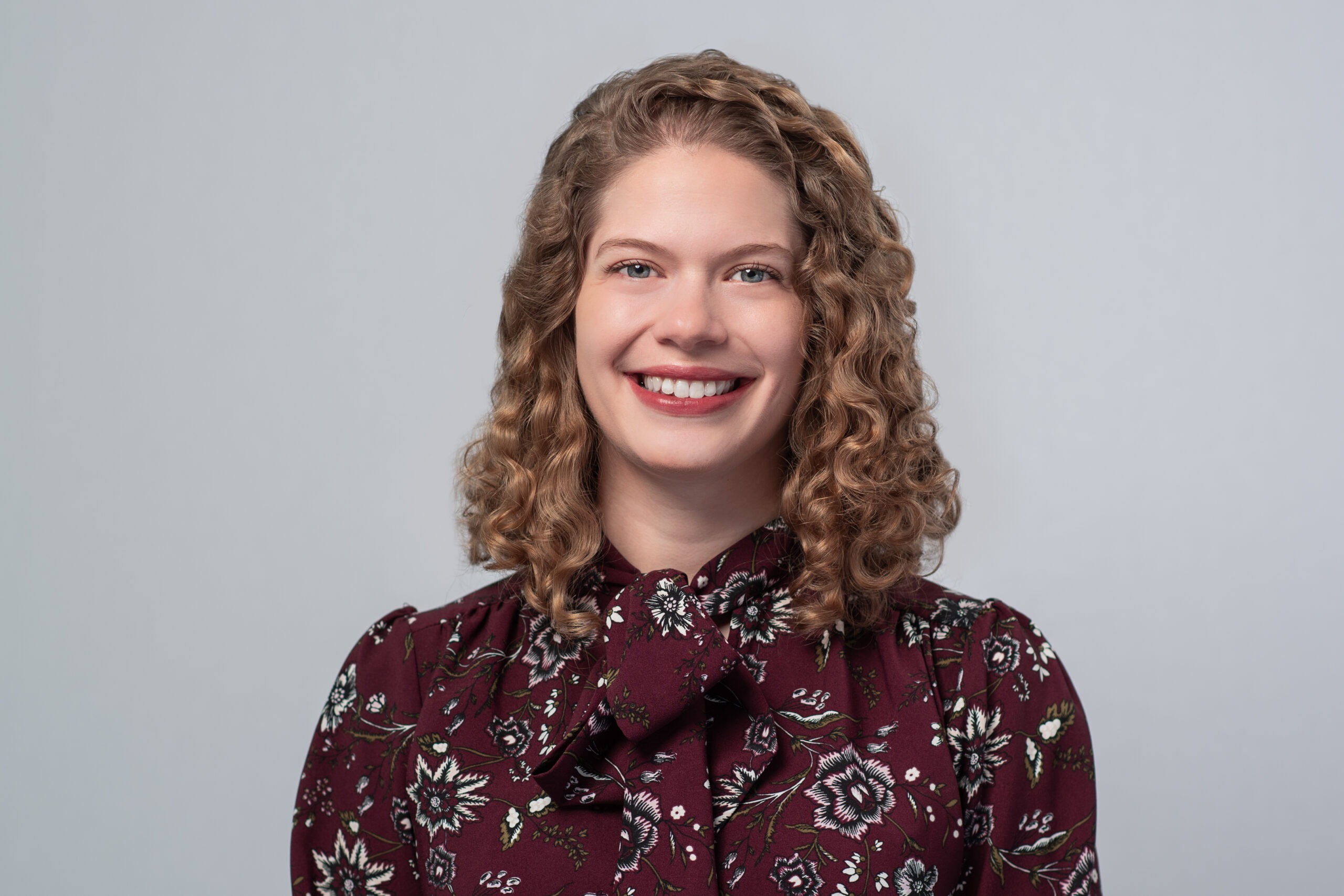Join us on Facebook. You’ll find the latest news, photos and videos.


 Change and growth, learning new things, acquiring skills and developing competencies – they are essential to living a full life for all humankind. Helping vulnerable people to do so is the inherent work of personal human service. All too often, incoherent human service models, the impacts of social devaluation, and even our own mindsets and low expectancies about people result in all sorts of ineffective teaching and missed opportunities for capacity building. These dynamics have resulted in a decades-long focus on getting people “ready” – “ready” for independence, “ready” for a real job, “ready” for relationship. What happens when someone will never meet the standard of “ready”? And what does it even mean to be “ready”? Certainly, there is often a sequence of development; and growth and change are also flexible and creative and dynamic.
Change and growth, learning new things, acquiring skills and developing competencies – they are essential to living a full life for all humankind. Helping vulnerable people to do so is the inherent work of personal human service. All too often, incoherent human service models, the impacts of social devaluation, and even our own mindsets and low expectancies about people result in all sorts of ineffective teaching and missed opportunities for capacity building. These dynamics have resulted in a decades-long focus on getting people “ready” – “ready” for independence, “ready” for a real job, “ready” for relationship. What happens when someone will never meet the standard of “ready”? And what does it even mean to be “ready”? Certainly, there is often a sequence of development; and growth and change are also flexible and creative and dynamic.
How might people progress more meaningfully through a focus on preparedness rather than readiness, interdependence rather than independence, and how can we use powerful tools like the dynamics of role circularity, the culturally valued analogue, imitation and modeling, a developmental approach and respectful and healthy accommodations to assist people to emerge toward a life of full of capacity and contribution. Join the Keystone Institute as we welcome Hope Dittmeier, Milton Tyree, and Merry-Reid Sheffer for learning, exploration, and discussion on these issues that speak to the hands, head, and heart of our work in human service.
 Hope Leet Dittmeier has devoted the last 40 years in a variety of roles, personally and professionally, investigating the question, “What would it take for people to enjoy ordinary lives in lieu of life in segregation?” As a family member, Hope has walked alongside her sister-in-law who lived with intellectual disability, supporting her to have a career, own a home, become an integral part of her church community, fulfill the role of “doting aunt,” and enjoy a rich personal social network. In professional roles, she has focused on designing robust supports unique to each individual person. She has championed a variety of causes, including compassionate responses to people whose behavior challenges others, increased availability of affordable, accessible housing, and Employment First initiatives. Hope’s life and work has been informed on a consistent basis by Social Role Valorization. In addition to doing the work, Hope has also developed and provided ‘Endeavor for Excellence’ training regarding the implementation of SRV theory in practice. Hope is currently Executive Director at Mattingly Edge where she has been instrumental in transforming a large, legacy day program that utilized a medical model into a service that provides only individualized supports, designed to help people enjoy the same good things in life that most people take for granted. Hope holds a Master’s degree in Rehabilitation Counselling from the University of Kentucky.
Hope Leet Dittmeier has devoted the last 40 years in a variety of roles, personally and professionally, investigating the question, “What would it take for people to enjoy ordinary lives in lieu of life in segregation?” As a family member, Hope has walked alongside her sister-in-law who lived with intellectual disability, supporting her to have a career, own a home, become an integral part of her church community, fulfill the role of “doting aunt,” and enjoy a rich personal social network. In professional roles, she has focused on designing robust supports unique to each individual person. She has championed a variety of causes, including compassionate responses to people whose behavior challenges others, increased availability of affordable, accessible housing, and Employment First initiatives. Hope’s life and work has been informed on a consistent basis by Social Role Valorization. In addition to doing the work, Hope has also developed and provided ‘Endeavor for Excellence’ training regarding the implementation of SRV theory in practice. Hope is currently Executive Director at Mattingly Edge where she has been instrumental in transforming a large, legacy day program that utilized a medical model into a service that provides only individualized supports, designed to help people enjoy the same good things in life that most people take for granted. Hope holds a Master’s degree in Rehabilitation Counselling from the University of Kentucky.
 Milton Tyree lives in Louisville, Kentucky and has 40 years’ experience in the design, development, and provision of supports and services centered on people with disabilities having access to valued aspects of everyday life. A particular area of interest has been the ongoing struggle around people with disabilities having good employment. Milt’s efforts have been strongly influenced by the work of the late Dr. Marc Gold, and he is an associate with Marc Gold & Associates (MG&A). Additionally, the late Dr. Wolf Wolfensberger’s Social Role Valorization (SRV) theory has been foundational in Milt’s understanding of the importance of good employment for people with disabilities, the reasons this can be difficult, and considerations for addressing the challenges.
Milton Tyree lives in Louisville, Kentucky and has 40 years’ experience in the design, development, and provision of supports and services centered on people with disabilities having access to valued aspects of everyday life. A particular area of interest has been the ongoing struggle around people with disabilities having good employment. Milt’s efforts have been strongly influenced by the work of the late Dr. Marc Gold, and he is an associate with Marc Gold & Associates (MG&A). Additionally, the late Dr. Wolf Wolfensberger’s Social Role Valorization (SRV) theory has been foundational in Milt’s understanding of the importance of good employment for people with disabilities, the reasons this can be difficult, and considerations for addressing the challenges.
 Merry-Reid joins us from Kentucky where she is the Director of Employment Services with Edge Employment whose theory of practice is Social Role Valorization. Merry-Reid holds certifications for Customized Employment in Systematic Instruction and Discovery and Job Development through Marc Gold and Associates. She serves as the chair of the Employer Education and Engagement Committee on the Governor’s Employment First Council, where she helps to spread awareness about the many disabled people living with disabilities who fill (or would like to fill) the valued role of employee and the many benefits that brings to all. Merry-Reid holds a Bachelor of Arts in English Literature from the University of Tennessee, Knoxville and a Master’s Degree in Divinity from Vanderbilt Divinity School and she is currently working on a Master’s in Business Administration (MBA) at the University of Louisville. Her previous work in human services includes serving people who are homeless, coordinating children’s literacy programs, and prison abolition advocacy.
Merry-Reid joins us from Kentucky where she is the Director of Employment Services with Edge Employment whose theory of practice is Social Role Valorization. Merry-Reid holds certifications for Customized Employment in Systematic Instruction and Discovery and Job Development through Marc Gold and Associates. She serves as the chair of the Employer Education and Engagement Committee on the Governor’s Employment First Council, where she helps to spread awareness about the many disabled people living with disabilities who fill (or would like to fill) the valued role of employee and the many benefits that brings to all. Merry-Reid holds a Bachelor of Arts in English Literature from the University of Tennessee, Knoxville and a Master’s Degree in Divinity from Vanderbilt Divinity School and she is currently working on a Master’s in Business Administration (MBA) at the University of Louisville. Her previous work in human services includes serving people who are homeless, coordinating children’s literacy programs, and prison abolition advocacy.
Join us on Facebook. You’ll find the latest news, photos and videos.
Join us on X (formerly Twitter). You’ll find the latest news, photos and videos.
Join us on LinkedIn. You’ll find the latest news, photos and videos.
Join us on YouTube. You’ll find the latest news, photos and videos.
Join us on Instagram. You’ll find the latest news, photos and videos.